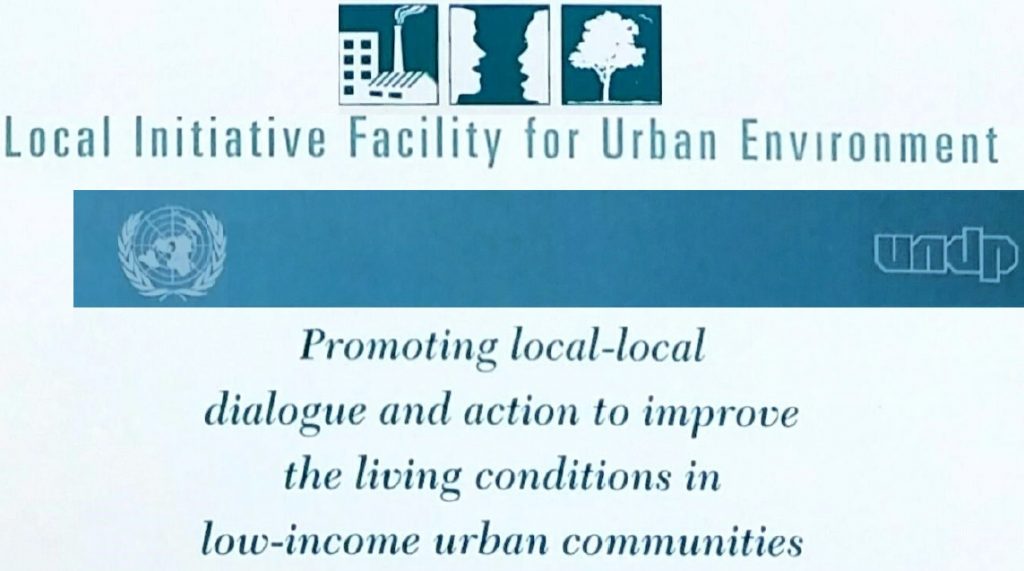
A hat that I enjoy very much wearing is the of the entrepreneur. The consultant helps with advice, the researcher explores theories and methodologies, observes facts and data, and develops explanations; the keynote speaker does the talking; and the entrepreneur must make things happen.
Since I entered my adult life, I have been involved with setting up organizations, and bringing peers and collaborators together to implement more than a project: a vision!
I was twenty something when I founded an IT startup, named Techne Automation. However, I also cultivated the idea that non-profit organizations are good answers to help us to transform the world for the better. So, with the support of a Washington, DC-based organization, Ashoka – Innovators for the Public, I founded in Rio de Janeiro in 1989, a non-profit organization, the Institute of Technology for the Citizen (itC), to provide pro-bono consulting for social activists.

The Techne Automation one was sold five years later to one of my partners who is still running it as a small firm. itC ran over a span of 13 years developing projects and support to NGOs and grassroots organizations taking into consideration various issues, such as environmental and inclusive urban development, transportation, poverty alleviation, and information technology as a tool. To achieve our mission, we received generous grants from McArthur Foundation, InterAmerican Foundation, Ecocity Society from Canada, NOVIB, Autodesk, etc.
In 1993 I started a non-profit grant-making project operating in Brazil, named LIFE – Local Initiative Facility for the Urban Environment. This was set up and run in partnership and with the endorsement and financial support of the United Nations Development Programme (UNDP) and with some governmental aid (Dutch, Sweden and Norway) from 1992 to 2000. LIFE was active in 17 countries, and my itC team ran the LIFE national coordination in Brazil, operating out of a new concept of bringing together community-based organizations, local governments and business partners in several cities in Brazil to promote urban environmental projects.

In my list of social ventures, I should mention Bairro Chic Housing Innovation, which operated as a startup based in Rio de Janeiro focusing on slums and low-income community’s needs, which was active from 2012 to 2016.
In 1996 I founded itC Consult; this was a for-profit management consulting boutique which operated until 2017 providing services on marketing intelligence and strategy development. These engagements required extensive applied research, which provided material for six business books which I wrote and published in Brazil. The books were both an instrument of visibility for our firm, and a useful knowledge tool to be used in corporate activities, such as workshop and planning exercises. The most successful one in terms of sales was published by Elsevier and sold three editions, titled as Time to Think Outside the Box: The Great Transformation of Organizations towards the Knowledge Economy (Elsevier, 2009).
The greatest lesson that I learned from my activities of social and business ventures is that the entrepreneur traits required by both types of ventures, whether for profit or not for profit, are very similar: it starts with a grand vision developed by the leadership; it depends fundamentally on the strategic communications ability of the leadership to enlist partners and mobilize resources; and then it depends on the ability to create a management infrastructure; and eventually on the talent to scale-up the venture.
I am also grateful to the knowledge and war wounds that emerged from entrepreneurship in terms of practical experience in recruiting people, managing teamwork, and in taking and implementing hard decisions such as firing employees and phasing out businesses.
